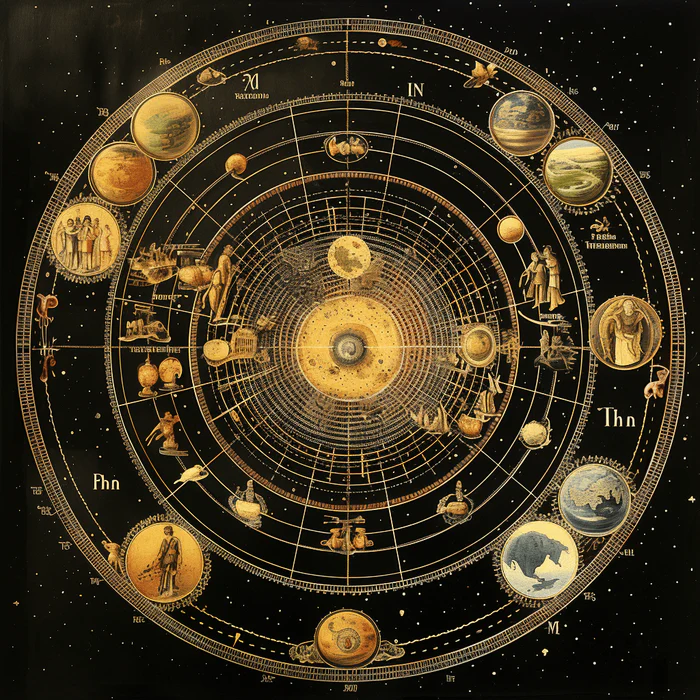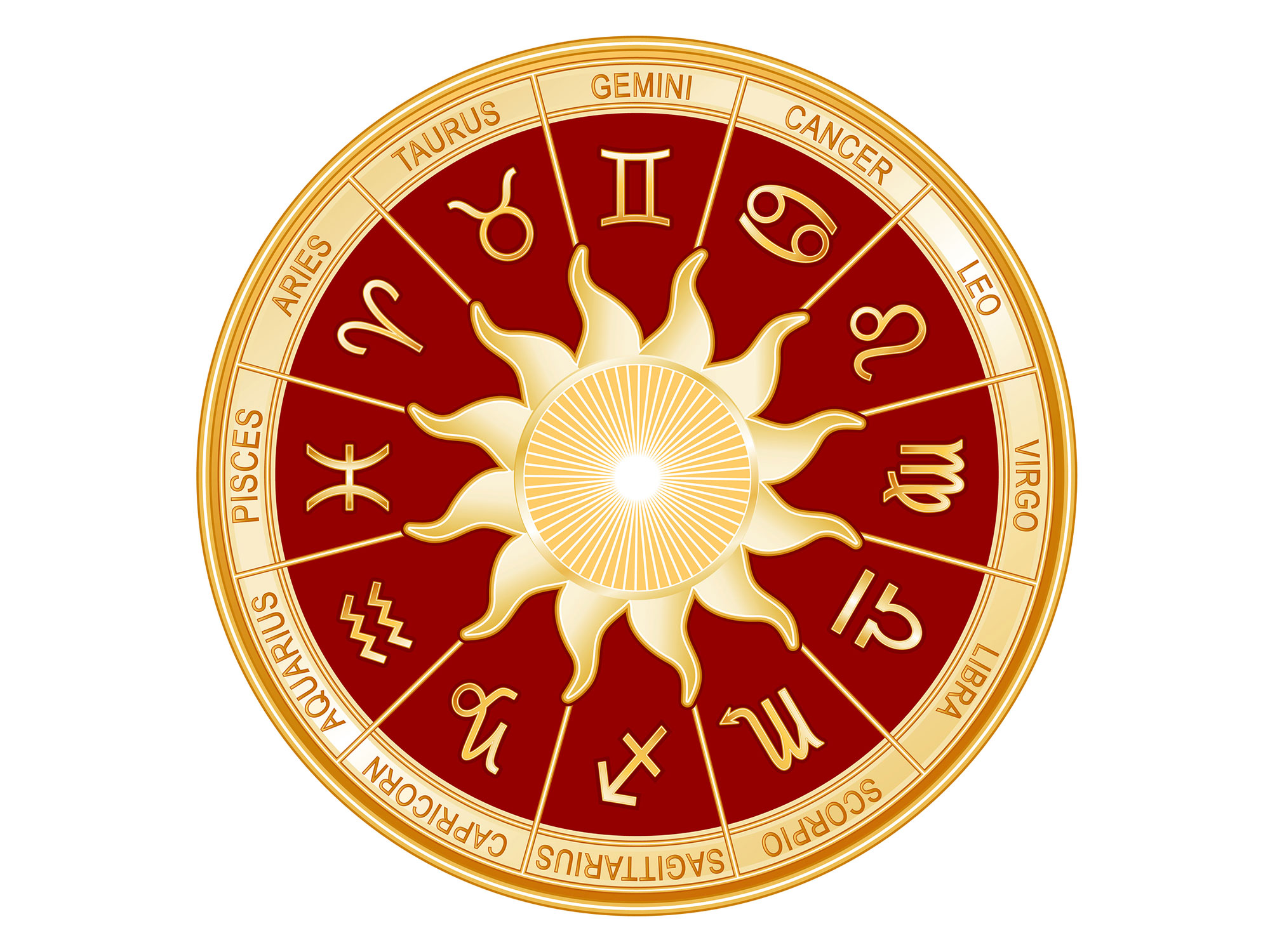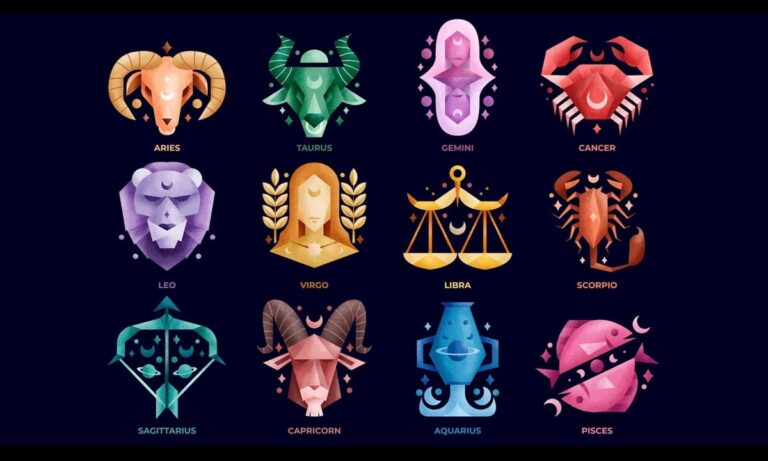Vedic astrology and Western astrology are two distinct systems for interpreting celestial influences, each with its own methods and principles. Understanding these differences can shed light on how each system views and predicts cosmic impacts on human lives.
Foundational Differences
Vedic astrology, also known as Jyotish, originates from ancient Indian traditions and is deeply rooted in the Vedas, the oldest sacred texts of Hinduism. It emphasizes the sidereal zodiac, which is based on the actual positions of the constellations.

In contrast, Western astrology relies on the tropical zodiac, which aligns with the equinoxes and solstices.

Methodologies and Techniques
One of the primary distinctions lies in the techniques used. Vedic astrology employs a system of dasha (planetary periods) to provide timing predictions, focusing on long-term life cycles. Western astrology, however, often uses transits and progressions to analyze shorter-term influences and psychological trends.
Astrological Charts and Interpretations
The charts used in Vedic astrology are called “kundalis,” which are based on the exact positions of celestial bodies at the time of birth. Western astrology uses “natal charts,” which emphasize the sun’s position in relation to the Earth’s seasonal cycles. This difference leads to varied interpretations of planetary positions and their effects on individuals.
Cultural context also plays a significant role. Vedic astrology is intertwined with Hindu philosophy and incorporates concepts like karma and dharma. Western astrology, while diverse, generally reflects a more modern, psychological approach to understanding individual traits and life events.
Vedic astrology is widely practiced in India and among those interested in Eastern spiritual practices. Western astrology has a broad following in the West and is often applied in contemporary psychological and personal development contexts.
Both Vedic and Western astrology offer valuable insights but from different perspectives and methodologies. Understanding these differences can help individuals choose the system that best resonates with their personal or spiritual needs.
Discover more from
Subscribe to get the latest posts sent to your email.







